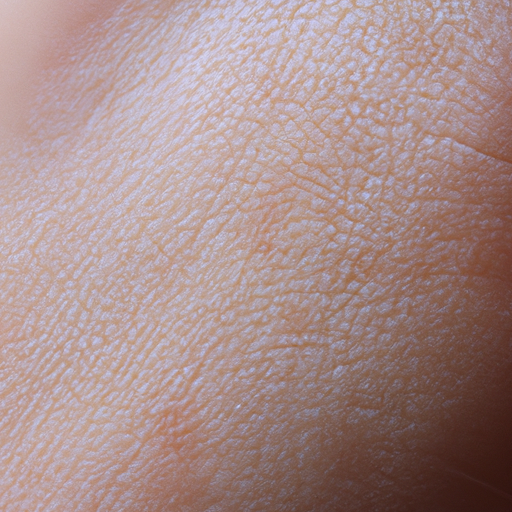As a medical professional, I have encountered countless patients suffering from dry skin. The discomfort and self-consciousness that often accompany this condition can significantly affect one’s quality of life. Dry skin can be caused by a variety of factors, including environmental conditions, aging, and underlying health issues. Regardless of the cause, there are effective treatments available that can restore your skin’s natural moisture and give you that silky smoothness you desire. This article aims to unveil the secrets to treating dry skin and provide you with the ultimate guide to dry skin treatments.
Firstly, it is important to understand that our skin is the largest organ in our body and serves as the first line of defense against external threats. It is constantly exposed to harsh environmental conditions, such as cold weather, wind, and low humidity, which can strip away its natural moisture and oils. This can lead to dry, flaky, and itchy skin. Aging also plays a significant role in skin dryness as our skin naturally loses elasticity and moisture over time.
One of the most effective ways to combat dry skin is through proper hydration. Drinking plenty of water throughout the day can help replenish your skin’s moisture from the inside out. Additionally, using a humidifier in your home or office can help maintain a healthy level of humidity in the air, preventing your skin from drying out.
Next, consider your skincare routine. Over-washing or using harsh soaps can strip your skin of its natural oils, leading to dryness. Opt for gentle, fragrance-free cleansers and make sure to moisturize immediately after bathing while your skin is still damp. This helps lock in moisture and keeps your skin hydrated throughout the day.
In terms of topical treatments, look for products that contain ingredients known for their moisturizing properties. Hyaluronic acid, for example, is a powerful humectant that can attract and hold onto water molecules, helping to hydrate and plump the skin. Other beneficial ingredients include ceramides, which help restore the skin’s barrier, and glycerin, which draws moisture to the skin.
For severe cases of dry skin, over-the-counter creams and ointments containing lactic acid, urea, or corticosteroids may be recommended. These products can help exfoliate and moisturize the skin while reducing inflammation and itching. However, they should be used under the guidance of a healthcare professional as they may cause side effects in some individuals.
In addition to these treatments, it is also important to protect your skin from the sun. Prolonged exposure to UV rays can cause dryness and premature aging. Make sure to apply a broad-spectrum sunscreen with an SPF of at least 30 every day, even on cloudy days.
Lastly, remember that diet plays a crucial role in skin health. Consuming foods rich in omega-3 fatty acids, such as salmon and flaxseeds, can help improve your skin’s ability to retain moisture. Similarly, foods high in antioxidants, like berries and dark chocolate, can help protect your skin from damage.
In conclusion, treating dry skin requires a comprehensive approach that includes proper hydration, a gentle skincare routine, the use of moisturizing products, sun protection, and a healthy diet. If you’re struggling with dry skin, don’t hesitate to seek advice from a healthcare professional. They can provide personalized treatment recommendations based on your specific needs and help you achieve that silky smoothness you’ve always desired.



